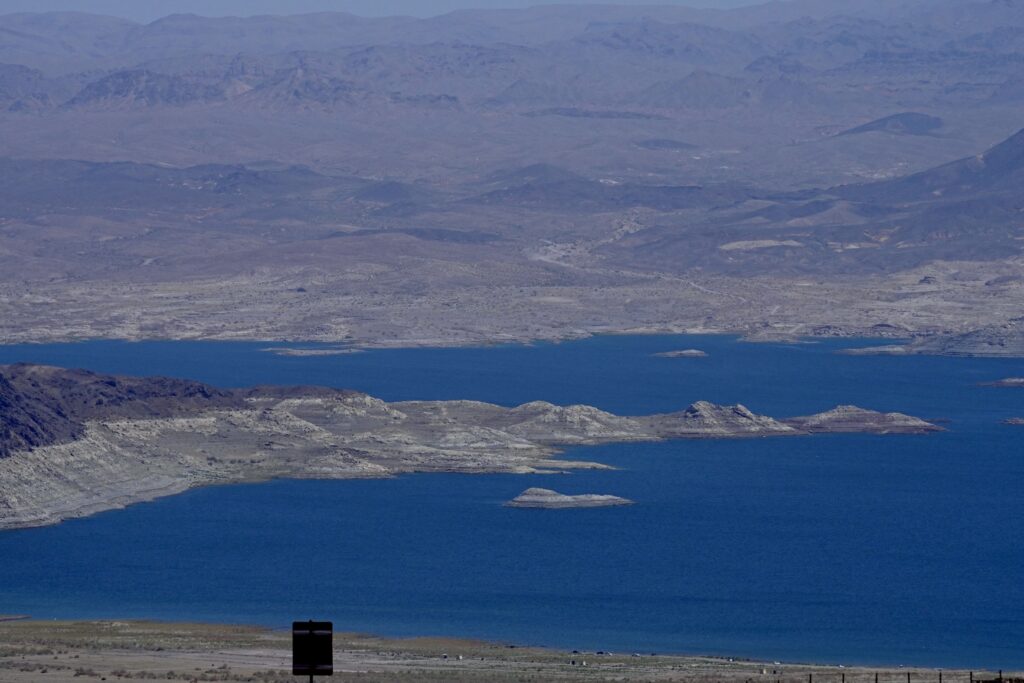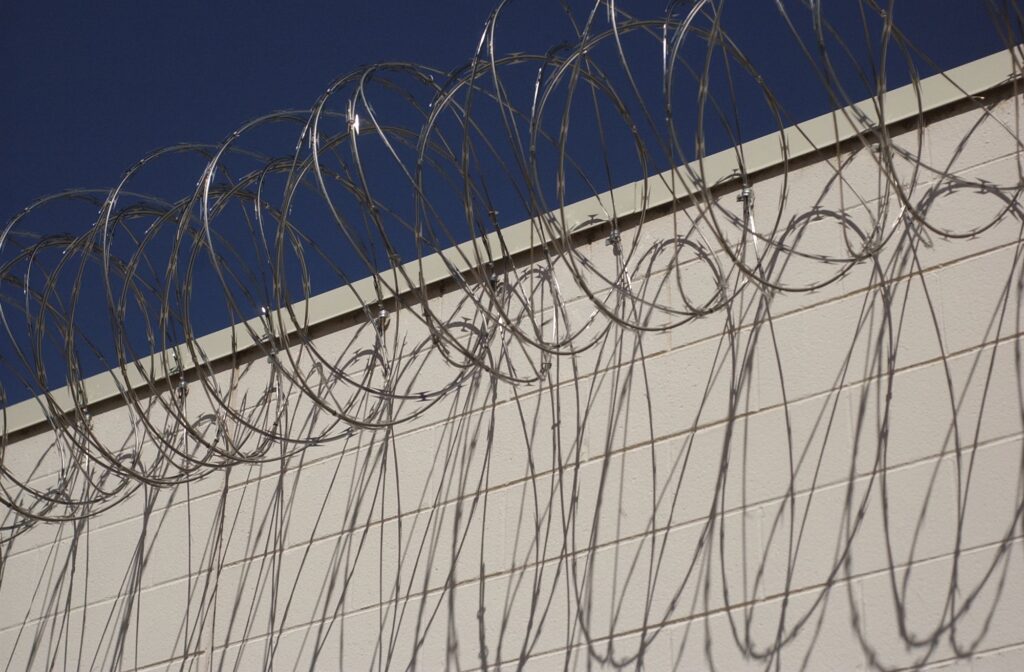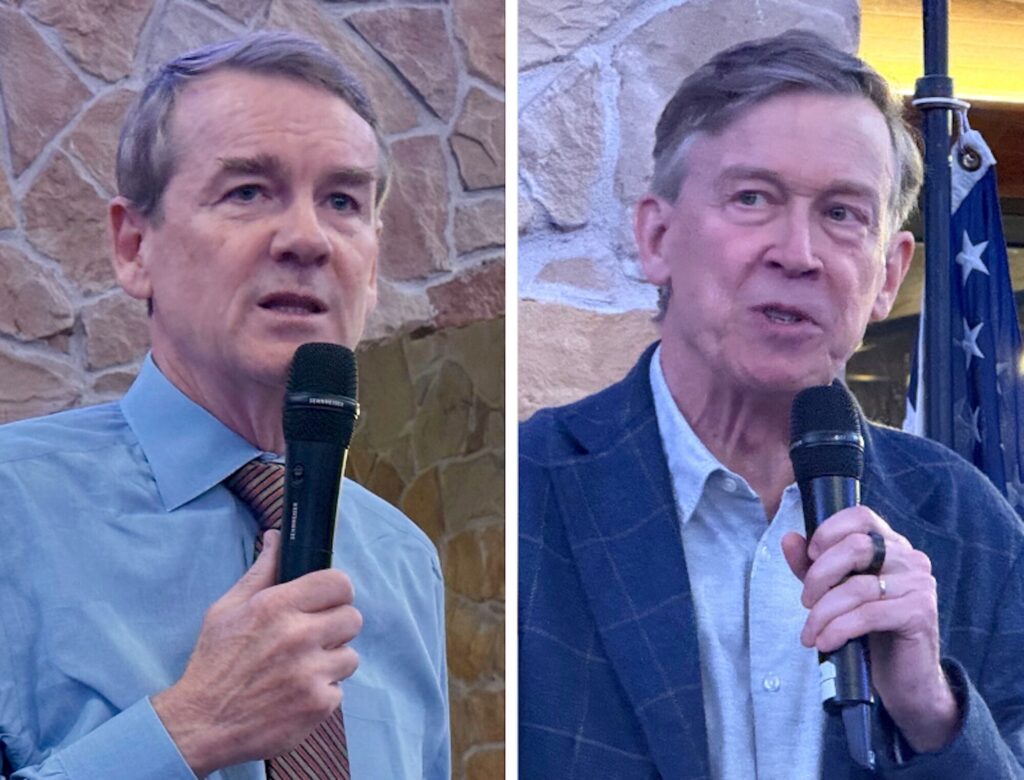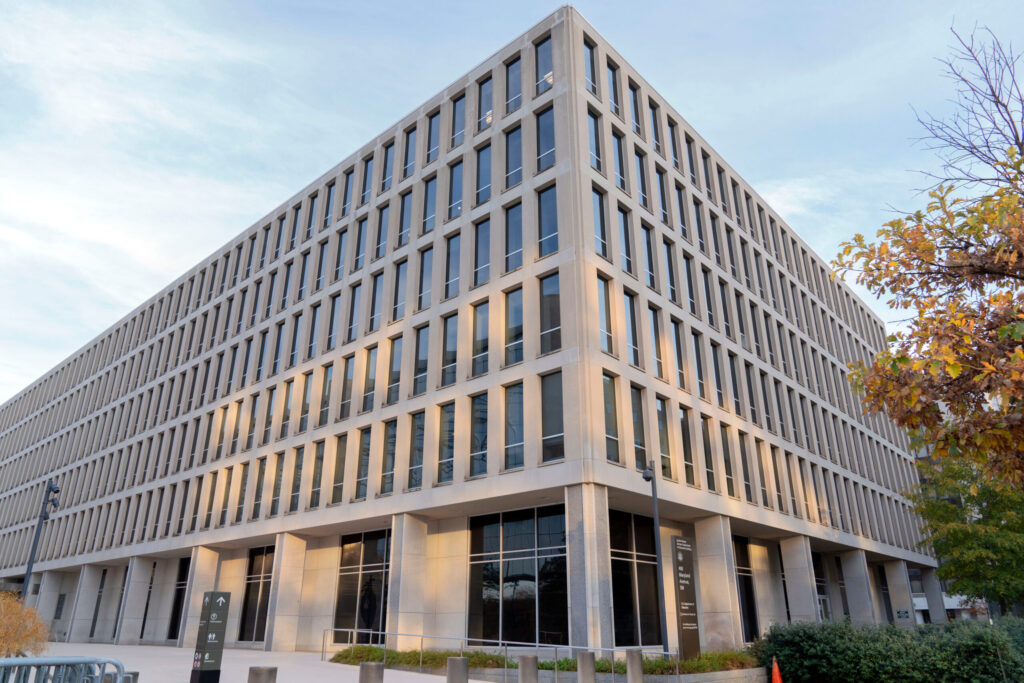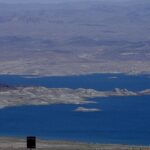Dick Cheney, R.I.P. | SLOAN

It is difficult, perhaps impossible, to think of an American political figure who has attracted the level of vitriol — from both sides, at varying times — while simultaneously so undeserving of it as Dick Cheney.
Vice President Cheney passed away this week, at the age of 84, and to say his legacy has proven to be complicated would be as much of an understatement as saying he was instrumental in keeping America safe after the attacks on Sept. 11, 2001.
Cheney the man, not the caricature his critics have labored almost obsessively to construct, cultivated a remarkable and exceptional career in public service to his nation. He was far enough removed from Richard Nixon to survive the rubble of Watergate and went on to serve at an impressively young age as President Gerald Ford’s chief of staff, a steadying voice in a decidedly unsteady time. He went from there to serve as his native Wyoming’s sole congressman, a job he did ably enough to attract the attention of another President, George H.W. Bush, who made him Secretary of Defense, when it was still called that.
It was in this role Cheney first became a household name. During the first Gulf War he was again a steady, and almost constant, presence, this time on TV, walking Americans through the conflict. Behind the scenes, he successfully negotiated the stationing of U.S. troops on Saudi Arabian sand, and approved Gen. Norman Schwartzkopf’s bold and ultimately winning strategy.
He will be best known, of course, as George W. Bush’s vice president. He was memorably assigned the task of heading up the committee to select a running mate for the then-Texas governor, and in the diligent exercise of his duties found himself to be the best candidate. The jokes came easy, but he did in fact prove to be the best selection, both politically and practically. It is largely forgotten now, especially since the man lived to 84, but at the time a prime argument against him being tapped for VP was his health — by 2000 he already suffered a few heart attacks, and in 1988 underwent quadruple bypass surgery. The concern was he might not be physically fit enough for the post. This was 20 years before Joe Biden, who is two years younger than Cheney, was elected president.
Having put concerns about his vigor aside, Cheney went on to help Bush win the presidency — twice — and in many ways redefined the role of VP. Generally considered something of a standby position — “break glass in case of president dying” – Cheney took the job and ran with it. It elicited the expected hysterics from the Democrats that Cheney was the “real” power in the shadows of the Oval Office, the ultimate éminence grise: Darth Vader, Machiavelli and Cardinal Richelieu rolled into one. In reality he was just a supremely effective executive officer to the commander-in-chief.
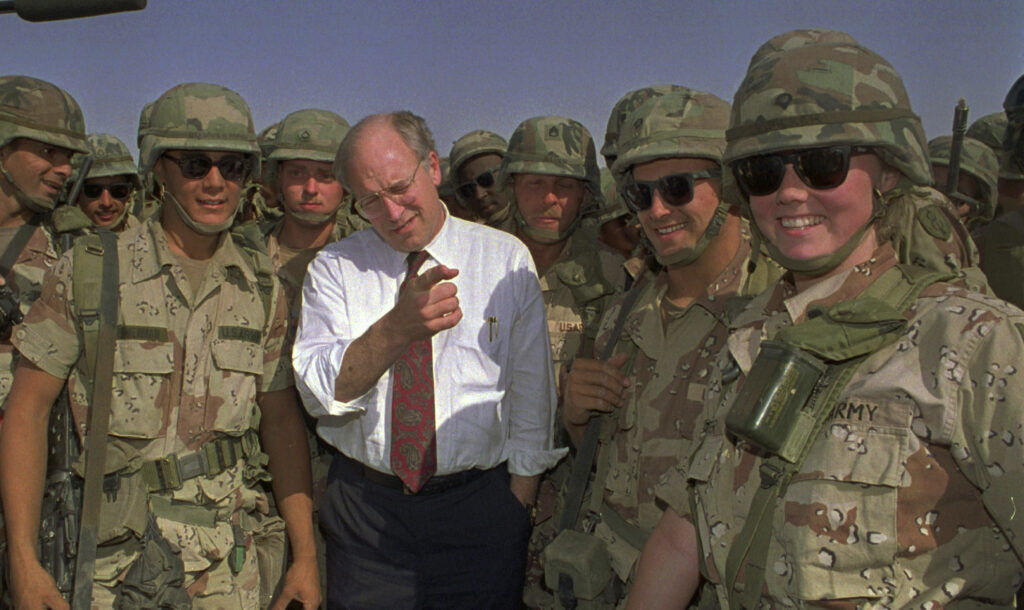
And he was so at an exceptionally critical time in American history. A great deal changed on Sept. 11, 2001, not the least of which was the planned direction of the Bush administration, which in an instant shifted outward. Cheney will be predominantly remembered for the Iraq War but would be more accurately so for the orchestration of the broader post-9/11 strategy and the overall War on Terror. As I mentioned above, the legacy is complicated; public opinion ultimately soured on the prosecution of the Iraq War, for reasons some of which were valid and others unfounded. And a lingering unsettled note lies on the whole debacle of weapons of mass destruction; the histrionic position the administration “lied,” which has been slovenly accepted more or less axiomatically, ignores many deeper questions.
But more to the point of his legacy, is the key metric — the United States has not suffered an attack of the scale and magnitude of 9/11 since then, a datum which would have been deemed highly improbable 24 years ago. Osama Bin Laden would not have been brought to justice were it not for the policies initiated and executed by the Bush-Cheney administration. For this he absorbed an unrelenting barrage of vitriol from the left. He was, naturally, labelled a “war criminal” by the more hysterical of them.
It is one thing for such venom to be directed at the former VP from his opponents on the left. But during the last decade, it shamefully came from erstwhile Republicans as well, at least those who fell fully under the spell of Trump. A lot stemmed from his principled revulsion to Trump’s reprehensible conduct after the 2020 election; some was simply in step with the left-wing contempt of his muscular foreign policy, a contempt adopted by the isolationist wing of the GOP. Cheney’s conservatism did not change; rather, a large and influential faction of the party he so ably and loyally served for decades changed around him, left, up, down and sideways.
Cheney, the tough Wyomingite who once famously told Vermont Sen. Patrick Leahy what he could do with himself, was unlikely to let underserved scorn get to him. Still, Vice President Dick Cheney, in death, deserves better — nothing less than the thanks of what ought to be a very grateful nation.
Kelly Sloan is a political and public affairs consultant and a recovering journalist based in Denver.



